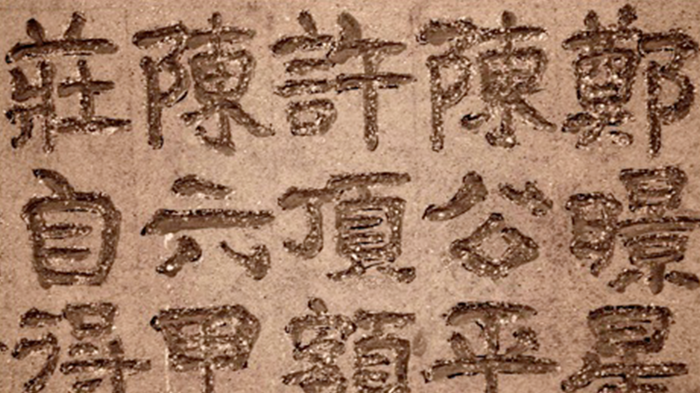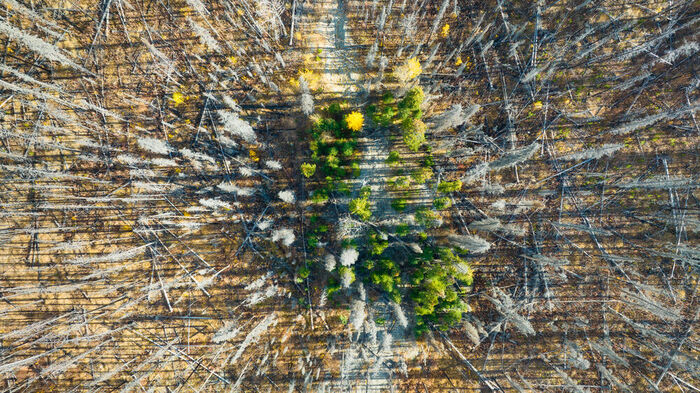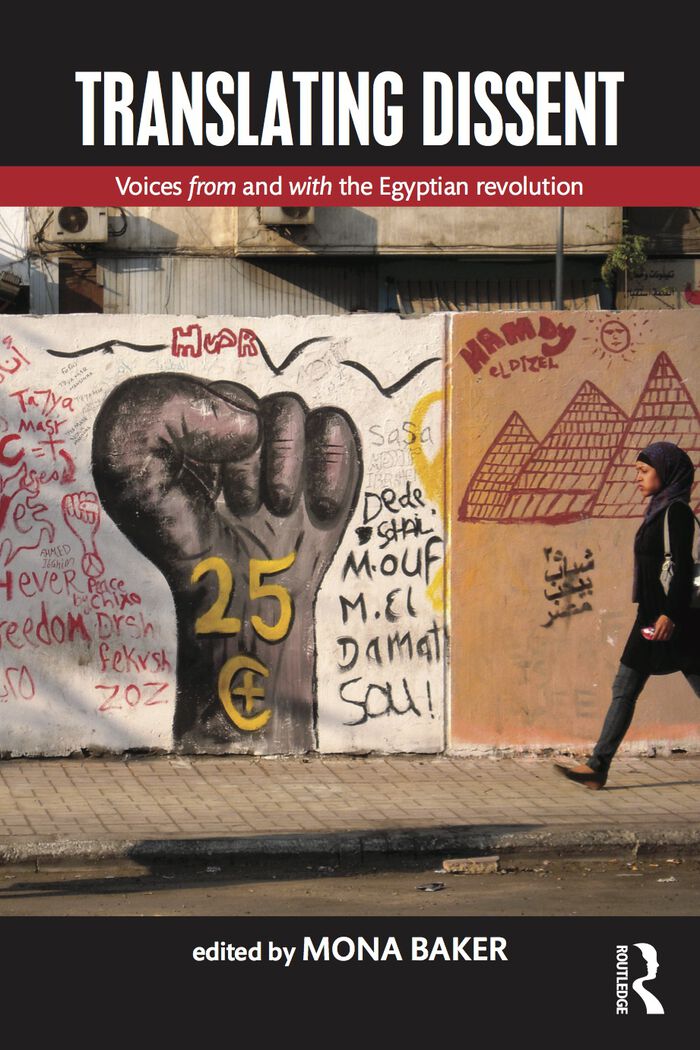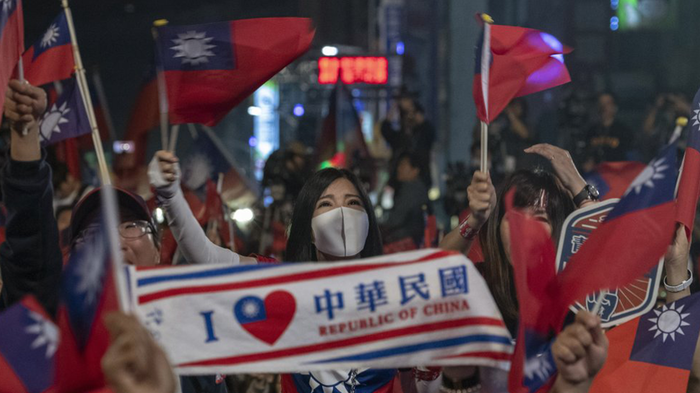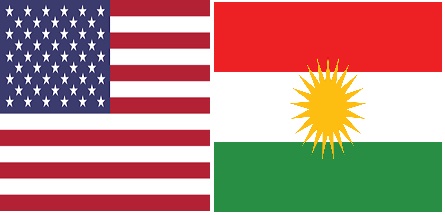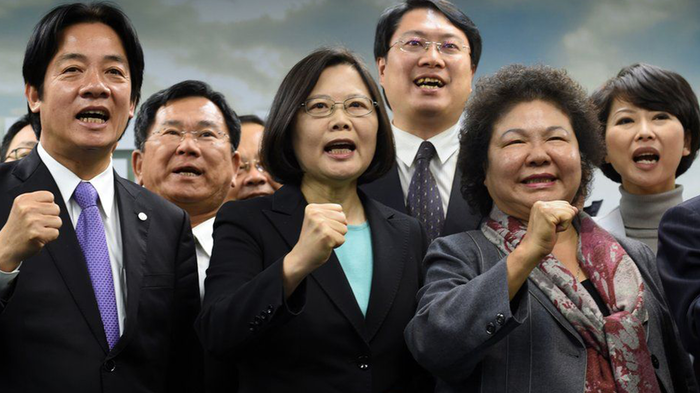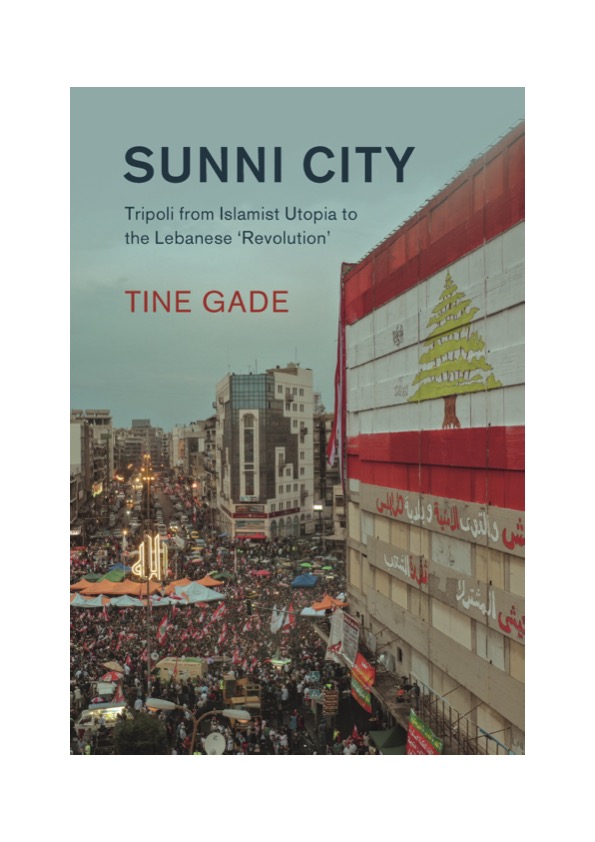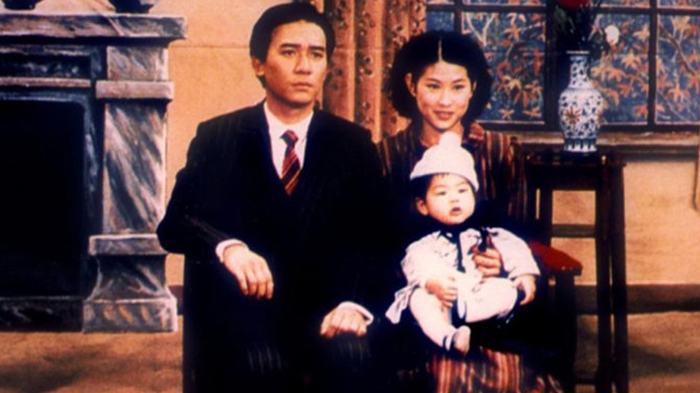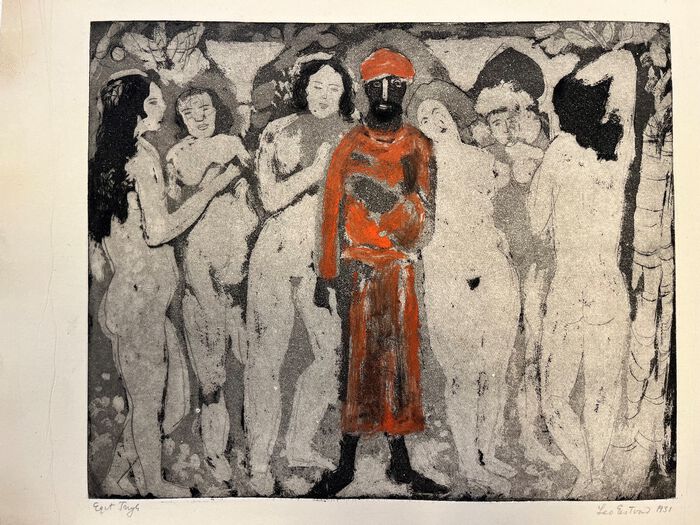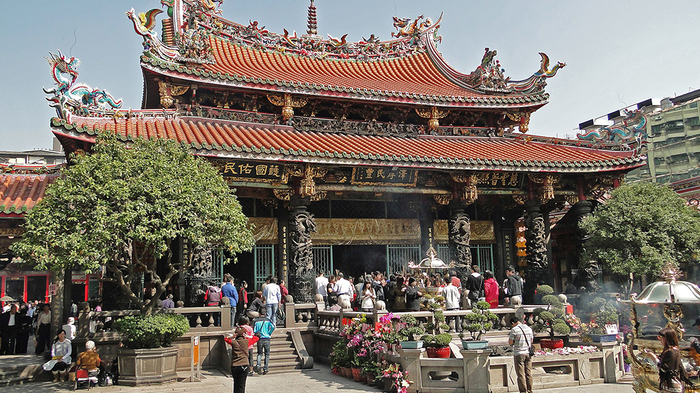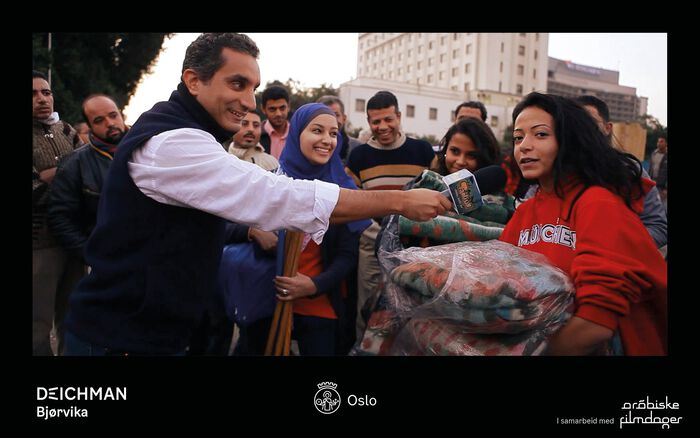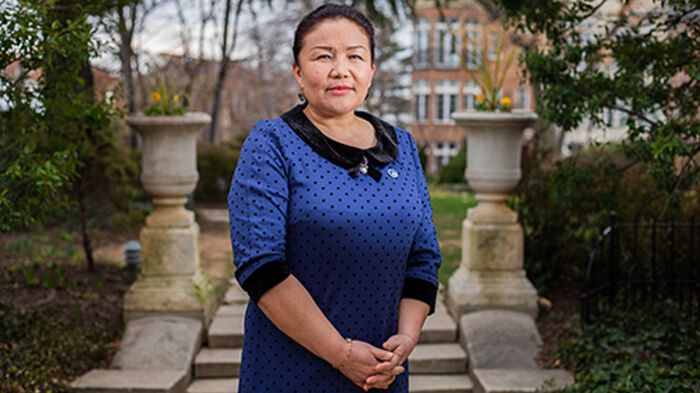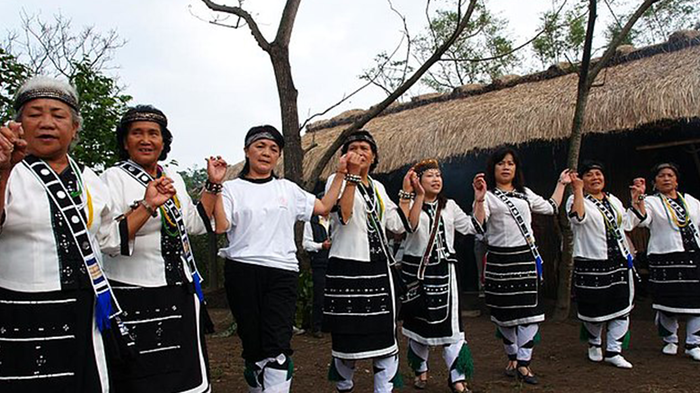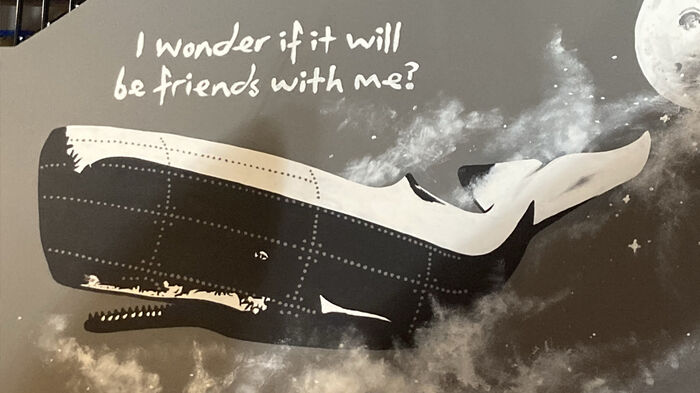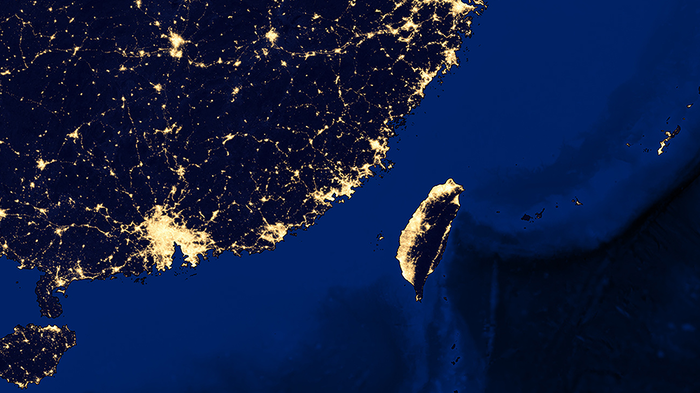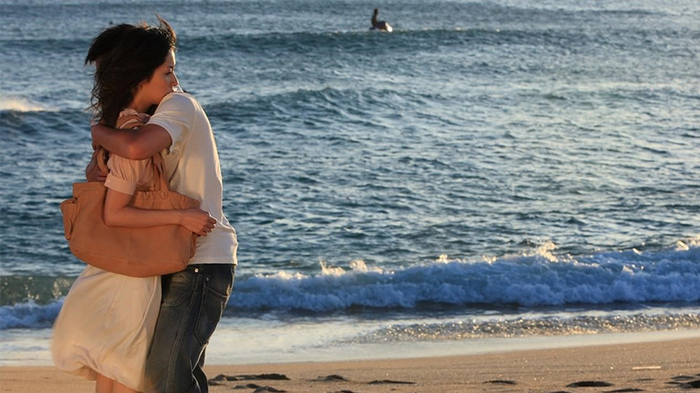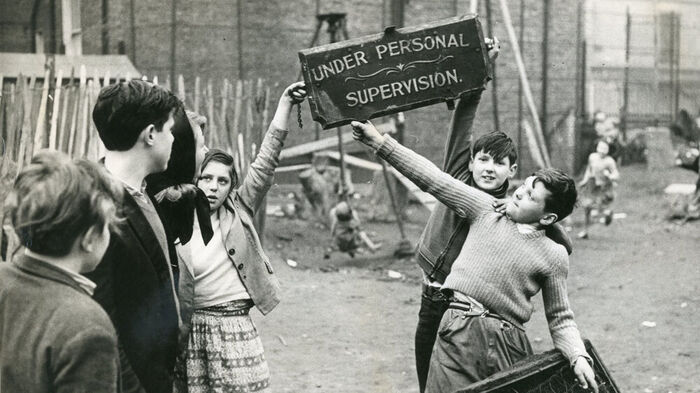Tidligere gjesteforelesninger og seminarer - Side 3
In this talk, professor of philosophy, Alejandra Mancilla, asks who should be the political representatives in a place with no human inhabitants, namely, Antarctica. While the Antarctic Treaty has been celebrated as a successful legal instrument for the protection of the continent, some have criticized its elitist nature and demanded a more democratic system of governance. But, should only humans be part of this arrangement? Why not penguins and maybe icebergs too?
Join us at Eilert Sundts hus, this Friday, for a CIMS seminar with Serap Saritas, on 'Islamic Financial Securities: The Case of Turkey', followed by a Q&A led by Einar Wigen, Professor in Turkish Studies.
In this lecture, Dr. Henning Klöter discusses the many facets of languages on Taiwan.
Join us for an online CIMS seminar with Dr. Emmanuel Karagiannis from King's College London, on the environmental policies and approaches of Islamist groups
The third Welcome to the Anthropocene lecture will be given by Jason Allen-Paisant, Senior Lecturer in Critical Theory and Creative Writing, and will address the challenge of a just ecological transition by exploring how ideas and praxes of ‘cultivation’ might foster an awareness of deep time in mainstream political consciousness.
Electoral defeat is often viewed as the mother of party change. However, studies show that parties do not necessary learn the right lessons of defeat. In this lecture, Dr. Dafydd Fell reflects on this using the case of the Green Party Taiwan
Join us for a CIMS seminar with Mona Baker on Researching Protest Movements: Methodological and Ethical Challenges, a study of human and cultural collaboration during the Egyptian Revolution of 2011.
In the second Welcome to the Anthropocene lecture, Matthew Chrulew, a writer and researcher from Boorloo/Perth, will talk about behavioural and cultural change among animals exposed to human activity.
Alongside the democratic development and the rise of Taiwanese consciousness over the last three decades, the dominant China-centric discourse has given way to a Taiwan-first mindset. This lecture discusses the making of Taiwan identity.
Join us for a CIMS seminar with Sardar Aziz, on superpower engagement and relations with Kurdistan.
The first Welcome to the Anthropocene lecture will be led by Dr. Hanna Guttorm, senior researcher at the University of Helsinki, who focuses on Indigenous studies and is a member of Helsinki Institute of Sustainability Sciences.
With a proportion of 43 percent of women in its national legislature since 2020, Taiwan has arguably become Asia's leader in women's political representation. Dr. Chang-Ling Huang offers some perspectives on how and why that is.
Join us for the book launch of Sunni City: Tripoli from Islamist Utopia to the Lebanese Revolution. Tine Gade (NUPI) discusses her study of the political history of Tripoli, and how it reflects upon wider national and regional dynamics of Lebanon and the Middle East, in conversation with Brynjar Lia.
Democratisation is arguably Taiwan’s most significant achievement since 1945. This lecture addresses the impact of cultural democratisation by using Taiwan cinema as a case study.
Join us for a CIMS seminar with Professor Jakob Skovgaard-Petersen from the University of Copenhagen, reflecting upon the cultural and historical trajectories of the Prophet. The conversation will be led by Ragnhild J. Zorgati.
The religious landscape of Taiwan is made of a large variety of denominations. Buddhism, Daoism, Yiguandao, and also Christianity, Islam, aboriginal religions: These are just some of the faces of Taiwanese religion. These beliefs and practices also appear in society in different forms and on several platforms.
Velkommen til Arabiske Filmdager og samtale om politisk satire med “Midtøstens Jon Stewart”!
Join us for the book launch of The Modern Arabic Bible: Translation, Dissemination and Literary Impact, exploring how nahda translations of the Bible transformed Arabic language and literature. Rana Issa discusses her book, published by Edinburgh University Press in 2023, in conversation with Ingeborg Amadou Fossestøl.
Sayragul Sauytbay will give unique insight into what is happening in Xinjiang concentration camps, and what the Communist Party's ideology and strategy is.
Taiwan as the cradle of Austronesian expansion is a widely accepted hypothesis. This lecture discusses the significance of Taiwan as an island.
The whale is held to have great symbolic meaning, as an environmental emblem, as food, as tourist attraction, and more. In Andenes, Vesterålen, two anthropologists, Britt Kramvig and Sadie Hale talk about their search for different kinds of whales and the particular ways that the whale-as-symbol is contested in this place.
This lecture will address Taiwan’s relations with mainland China and Taiwan’s domestic developments since 1949.
The 2008 Taiwanese film Cape No. 7 海角七號, directed by Wei Te-sheng, will be shown on Tuesday 14 Feb from 12.00 (NOT 12.15!) in seminar room 2, P. A. Munchs hus. This is one of the films Ming-yeh T. Rawnsley will discuss in her lecture on 21 March.
In this talk, professor of cultural studies, Ben Highmore explores the role of playgrounds in equipping the young with skills to face a climate catastrophe. How should we understand the history of playgrounds? What is their relationship to their environments and the environment, and what role could they play in the current climate emergency?
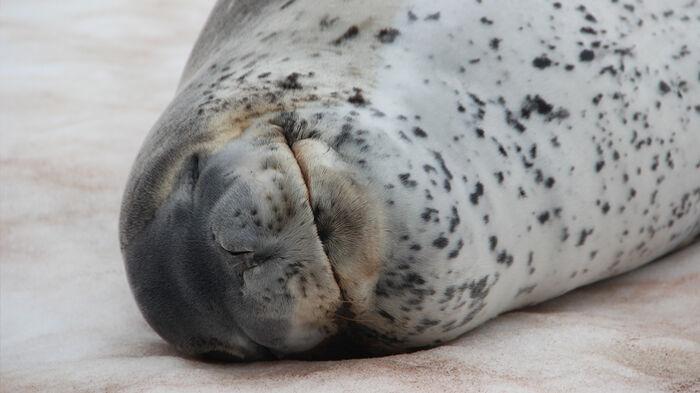
.jpg?alt=listing)
